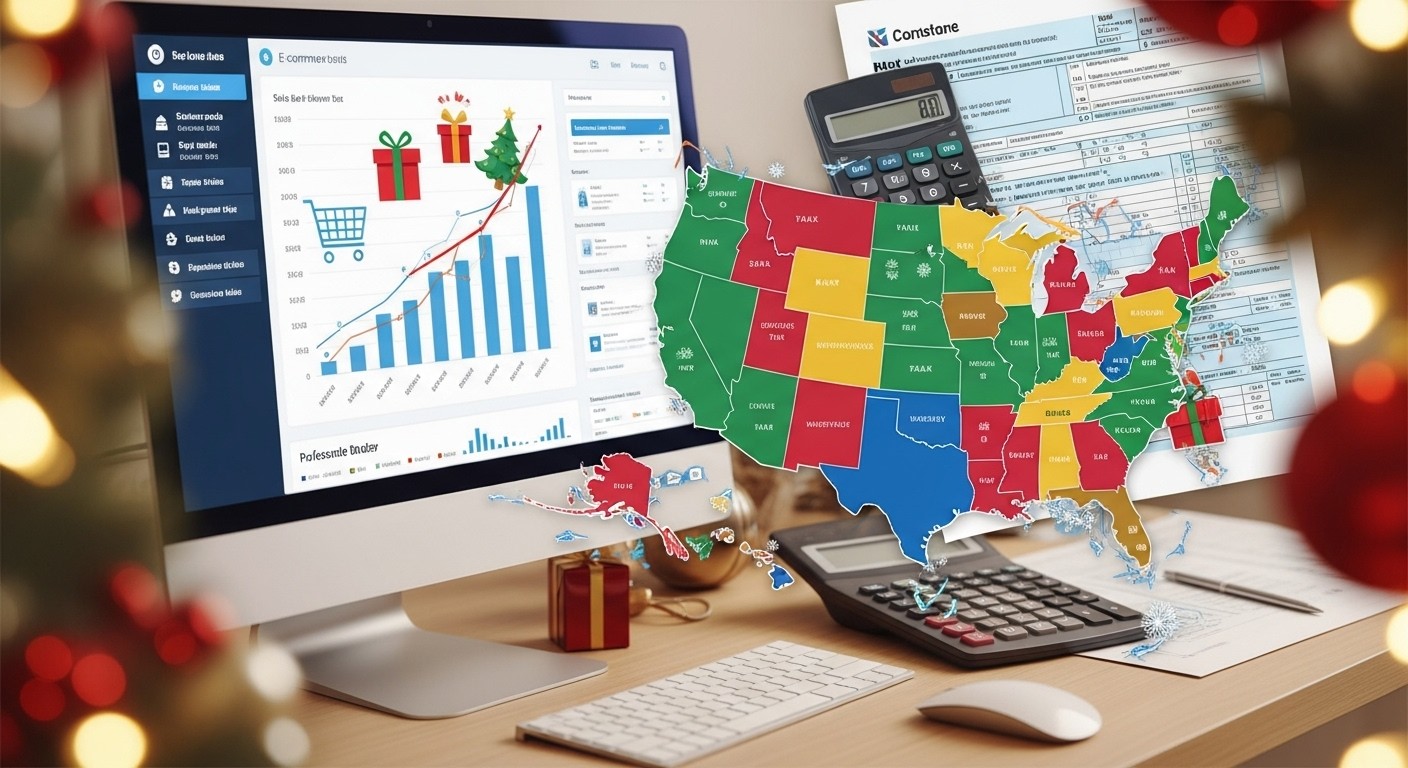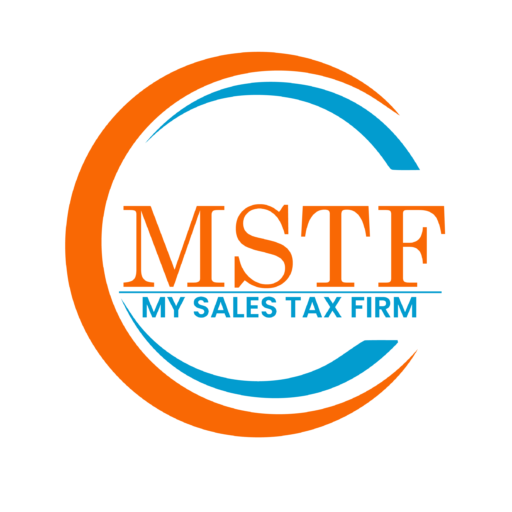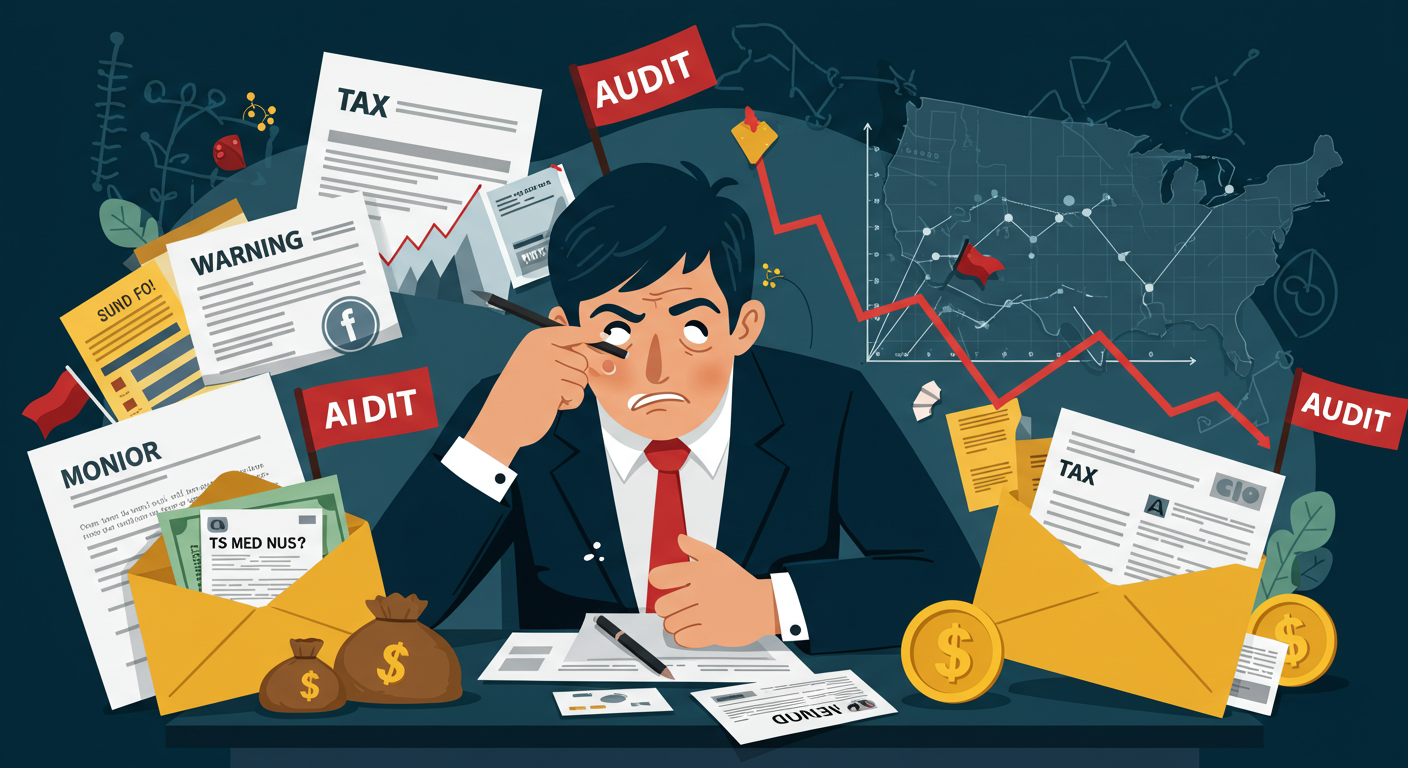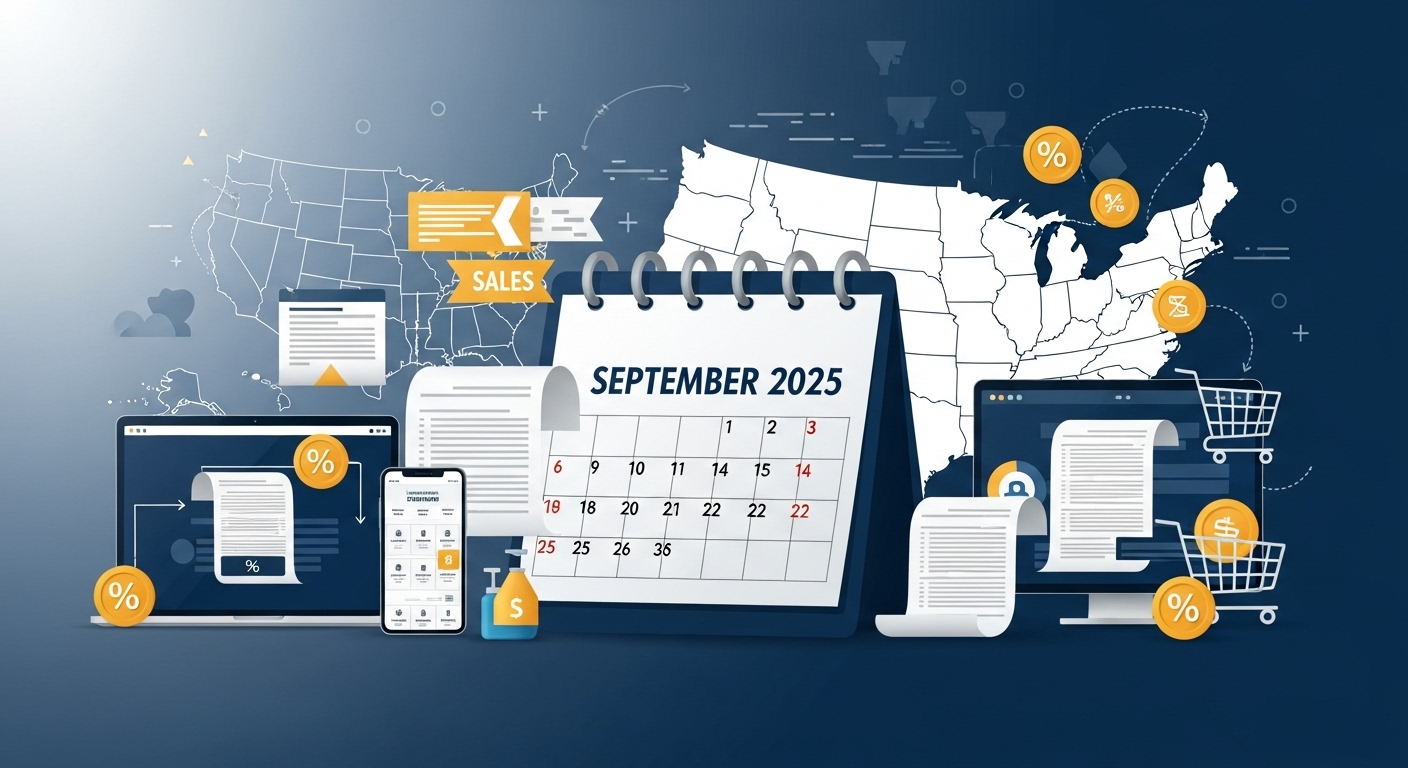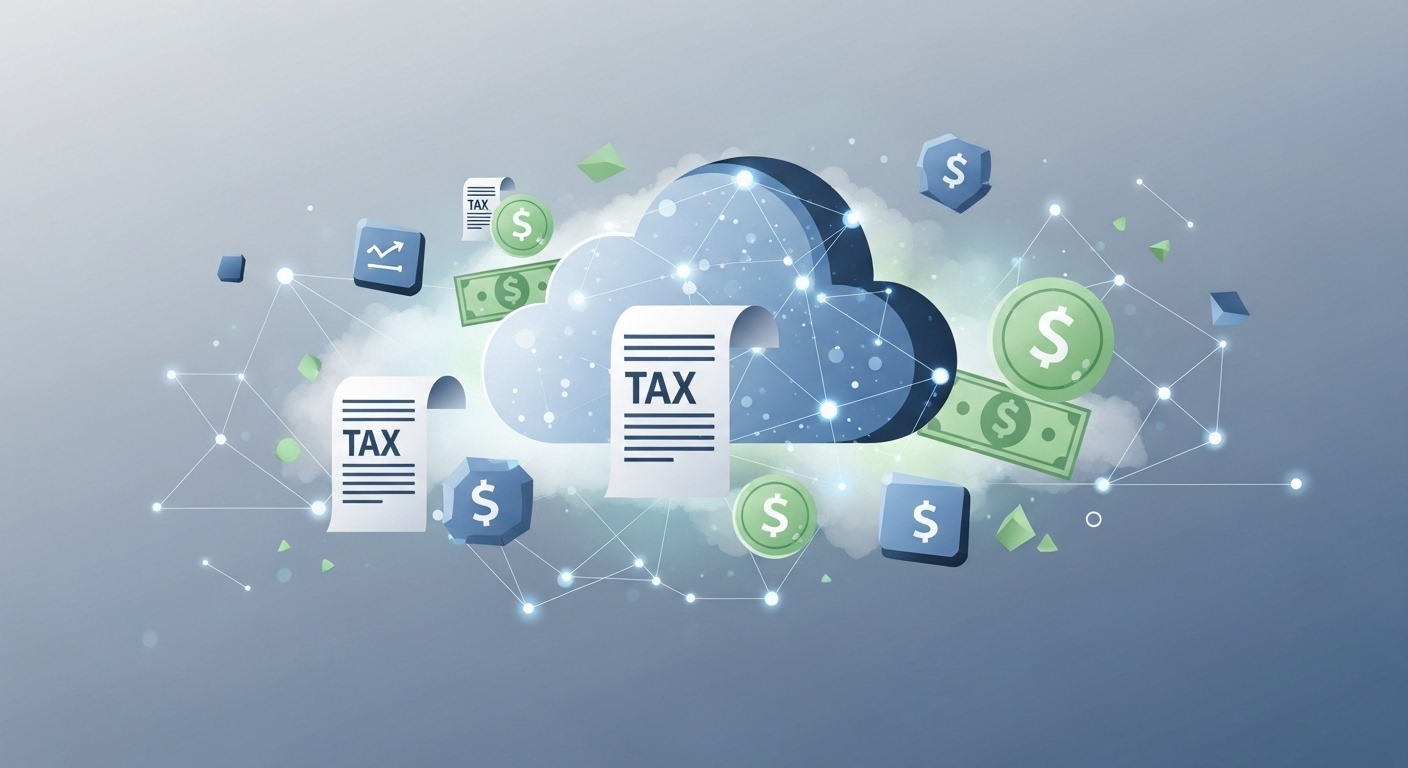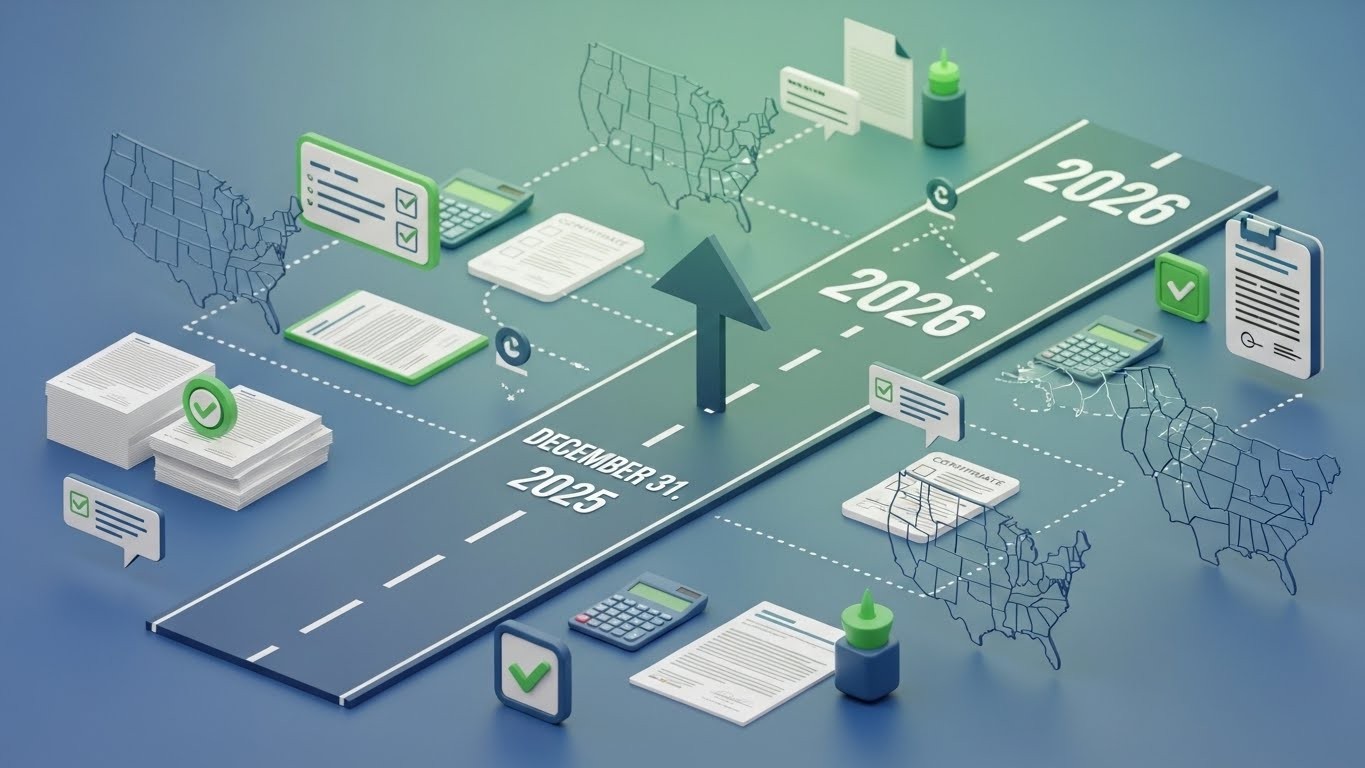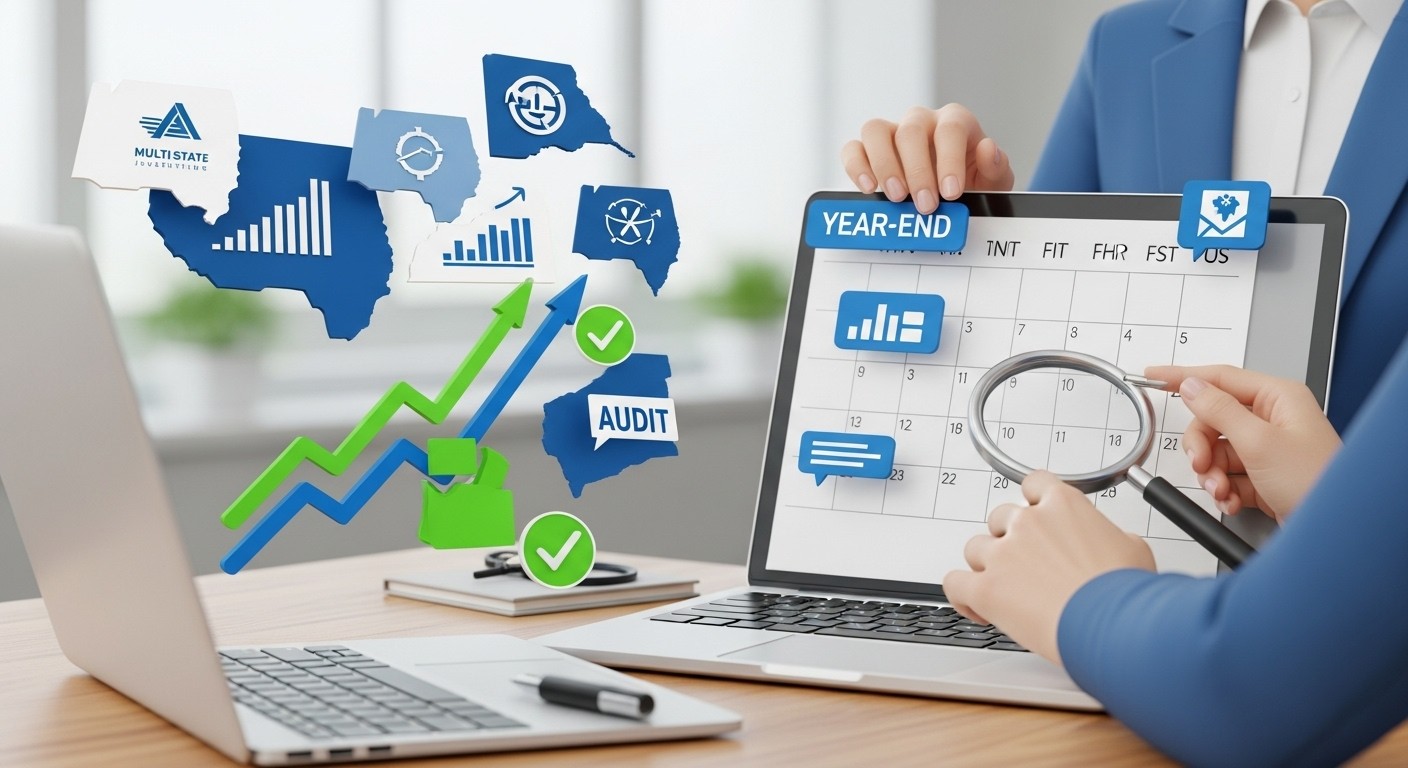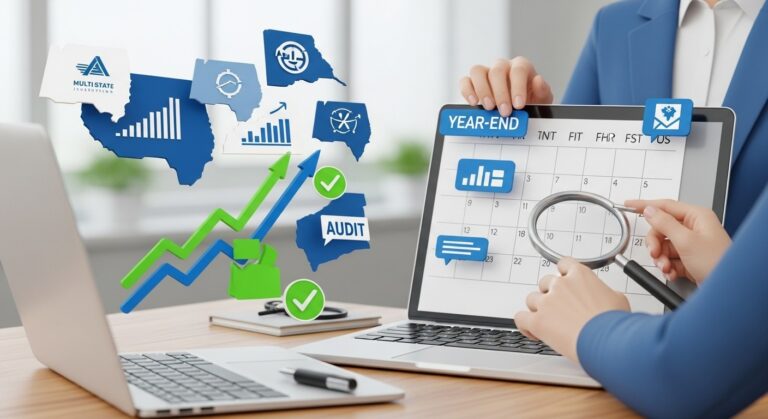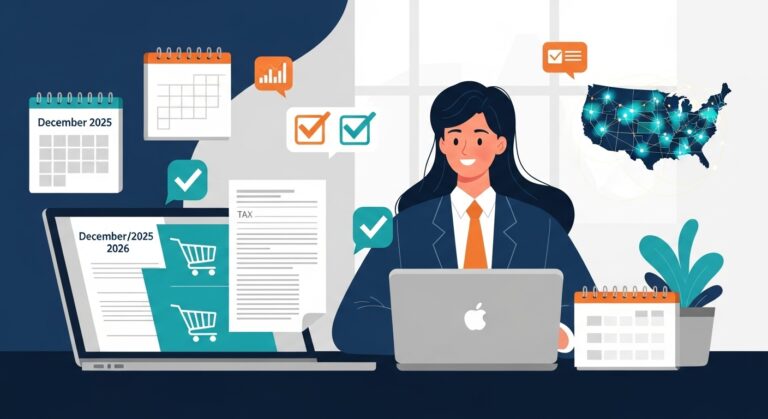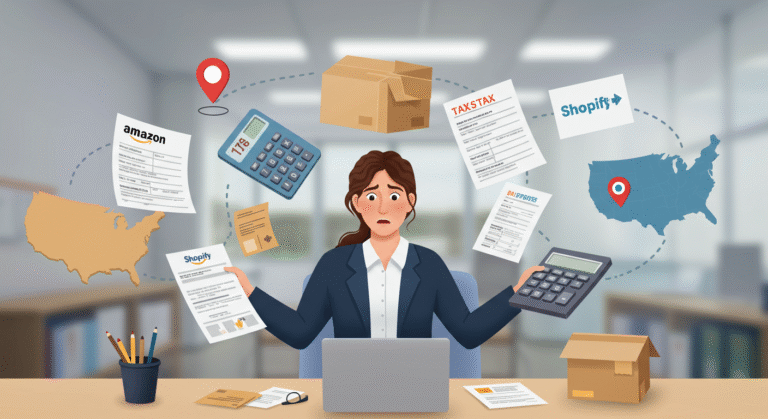Hey there, savvy business owner! Ever feel like sales tax is just a never-ending riddle? You’re not alone. But what if I told you there’s a legitimate, IRS-approved way many businesses legally skip paying sales tax on certain purchases? We’re talking about sales tax exemption certificates, and understanding them is like finding a secret cheat code for your business finances. If you’re a US small business or e-commerce entrepreneur, mastering sales tax exemption certificates isn’t just smart – it’s essential for your bottom line. Let’s peel back the layers and make this complex topic, dare I say, a little fun!
What’s the Big Deal with Sales Tax Exemption Certificates?
Imagine you’re a T-shirt printer. You buy blank tees, print your awesome designs, and then sell them. If you paid sales tax on those blank tees, and then your customers paid sales tax when they bought the finished product from you, that’s double dipping by the taxman! Ouch. That’s precisely what sales tax exemption aims to prevent. An exemption certificate is essentially a magic pass that tells a seller, “Hold up! This purchase is exempt from sales tax because of [reason X].” It’s about ensuring fairness and preventing a cascading tax effect as goods move from manufacturer to wholesaler to retailer and finally to the end consumer.
Your Business’s Secret Weapon Against Double Taxation
At its heart, sales tax exemption means certain transactions aren’t subject to sales tax. The most common reason? You’re buying something you plan to resell. This is where your resale certificate comes into play. It’s your official declaration that you’re buying for resale, not for your own use. But it’s not just about reselling! Think of non-profits buying supplies for their charitable work or manufacturers purchasing raw materials. Each situation can warrant a different type of sales tax certificate. Getting these right is a cornerstone of smart sales tax compliance.
Why Skipping This Step Could Cost You Big
Ignoring sales tax exemption certificates is like leaving money on the table – and potentially inviting trouble. If you’re a buyer, paying sales tax on exempt purchases ties up your cash flow. Who wants that? If you’re a seller, failing to collect valid exemption documentation from an exempt buyer can leave you on the hook for that uncollected sales tax during a dreaded sales tax audit. Nobody wants that kind of surprise! Understanding sales tax exemption certificates explained and using them properly protects both your wallet and your peace of mind.
Know Your Exemption: Types You’ll Encounter
So, you know these certificates are important. But what kind are we talking about? It’s not a one-size-fits-all world.
The Resale Certificate: Your Go-To for Inventory
The resale certificate, sometimes called a resale permit, is arguably the most common type of exemption certificate. If you buy products to sell them onward, this is your golden ticket. You hand it to your supplier, and they don’t charge you sales tax. Simple, right? This prevents you from paying tax on goods that will eventually be taxed when sold to the final consumer. It’s a fundamental part of the supply chain, ensuring that tax is collected once, at the point of final sale. This is a core part of the resale exemption strategy.
Beyond Resale: Other Cool Exemptions
While your resale certificate is a superstar, there are other types of tax exemption out there that might apply to your business or your customers. These vary wildly by state, so always check the specifics!
Nonprofits: Doing Good, Saving Tax
If you work with an exempt organization, like a charity or a church, they often qualify for sales tax exemption for nonprofits. This means they don’t pay sales tax on purchases made for their tax-exempt mission. However, a crucial point: if they buy something for personal use or something unrelated to their exempt purpose, it’s usually taxable. It’s not a blanket exemption for everything they buy, so understanding the scope is key.
Farmers & Manufacturers: Boosting Essential Industries
Many states offer specific exemptions for farmers on items like seeds, feed, or equipment. Similarly, manufacturers might get a break on raw materials, machinery, or utilities used directly in the production process. These are designed to support key industries and reduce their operational costs. If your business falls into one of these categories, dig into your state’s rules to see how you can benefit from these specific forms of tax exemption.
Do You Qualify? Unpacking Eligibility
This is where the rubber meets the road. Who gets to play in the sales tax exemption playground?
State by State: The Wild West of Sales Tax Rules
Alright, here’s the kicker: there’s no magic federal sales tax exemption certificate that works everywhere. Nope! Each state has its own unique sales tax exemption rules by state. What flies in Florida might crash and burn in California. This state-specific dance means you’ve got to do your homework for every state where you operate or sell. It’s crucial for any business, especially e-commerce players, to understand these varied regulations for your sales tax compliance.
“Nexus” & You: Understanding Your Tax Footprint
Ever heard the term “nexus”? It sounds fancy, but it just means you have a significant enough connection to a state that you’re required to collect and pay their sales tax. This connection could be a physical storefront, employees, or even just hitting certain sales thresholds (that’s “economic nexus,” a big one for e-commerce!). If you have nexus and exemption certificates in a state, you’ll need to know their specific rules for collecting and accepting exemption documentation. It’s the foundation of your sales tax obligations.
Getting Your Hands on a Certificate: The How-To
Ready to get your own sales tax certificate? Good! The process is usually pretty straightforward, but details matter.
Forms, Docs, & State Secrets
Typically, you’ll apply through your state’s Department of Revenue or an equivalent tax agency. They’ll have specific sales tax forms you’ll need to fill out. Expect to provide your business’s legal name, address, federal EIN (Employer Identification Number), and a clear reason for your exemption. Sometimes, a general business license isn’t enough; you might need a specific application for a tax exemption.
Pro Tips for a Smooth Application
Here are a few pointers to make your application process easier when figuring out how to get a sales tax exemption certificate:
Check Your State’s Website First: Always start by visiting your state’s official Department of Revenue or equivalent tax authority website. They have the most up-to-date forms and instructions.
Gather Your Information: Have your business name, address, Federal Employer Identification Number (EIN), and details about your business activity ready.
Understand the Exemption Type: Be clear about why you qualify for the exemption (e.g., for resale, non-profit, manufacturing). This helps you select the correct form and provide the necessary justification.
Consider Multi-State Forms: If you operate in multiple states, check if your states participate in the Streamlined Sales and Use Tax Agreement. A single Streamlined Sales Tax form (SSTGB Form F0003) can sometimes be used across multiple member states, simplifying your multi-state exemption process.
Keep Copies: Always make a copy of everything you submit for your records. This exemption documentation is crucial for your sales tax compliance.
Using & Protecting Your Certificate: Play by the Rules!
Having an exemption certificate is awesome, but using it correctly is non-negotiable. Missteps can lead to headaches!
Provide It, Prove It: Your Documentation Duty
When you, as the buyer, make an exempt purchase, you’re responsible for giving the seller your valid exemption certificate. The seller then keeps this exemption documentation on file. Why? Because it’s their proof to the tax authorities that they didn’t have to collect sales tax from you. Without it, they could be liable, and guess who they’ll come knocking on? Yep, you! This is why effective exemption certificate management is so vital.
Common Mistakes to Sidestep
- Here’s a big one: NEVER use your exemption certificate for personal purchases or for items that don’t truly qualify. That’s a huge no-no and can lead to serious penalties.
- Another common error? Not keeping your certificates current or failing to collect one for every single eligible transaction.
- Remember the difference between resale and exemption certificate: a resale certificate is specifically for items you’re going to resell, not your new office printer!
- Be diligent with your exemption certificate verification.
Common Exemption Certificate Blunders
Here are some typical mistakes businesses make with their exemption certificates:
Using a Resale Certificate for Personal Use: This is a big one! Your resale permit is for items you plan to resell, not for office supplies or personal items.
Missing or Incomplete Certificates: During an audit, if a certificate is missing or lacks crucial information (like buyer’s name, seller’s name, or a valid reason for exemption), it could be deemed invalid, leaving the seller liable.
Outdated Certificates: Some certificates have expiration dates. Using an expired certificate is as bad as not having one at all.
Assuming Blanket Exemptions: Just because you have a non-profit certificate doesn’t mean all your purchases are exempt. Always check the specific rules for what goods and services qualify.
Not Understanding State Differences: As we’ve discussed, sales tax exemption rules by state vary widely. Applying rules from one state to another is a recipe for error.
Selling Smart: Verifying Exempt Customers
If you’re a seller, receiving an exemption certificate isn’t the end of your duty. You’ve got to ensure it’s legit!
Why You Must Vet Every Certificate
As a seller, if you don’t collect sales tax from a customer who turns out not to be genuinely exempt, guess what? You’re generally on the hook for that uncollected tax during an audit. That’s why verifying sales tax exemption certificates is so important. Some states provide online tools to check validity, while others rely on you keeping a complete, accurate file. The goal is to show “due diligence” – that you did your best to comply.
Tech to the Rescue: Software for Smooth Sailing
Managing a stack of paper exemption documentation or a sprawling spreadsheet is a nightmare. Especially for fast-growing businesses. This is where tax compliance software becomes your superhero! These tools can help you automatically collect, store, track expiration dates, and even validate certificates. They streamline your exemption certificate management, reduce errors, and give you peace of mind. It’s about making sure your sales tax exemption certificates explained are always in perfect order.
The Multi-State Maze & E-commerce Hurdles
Operating across state lines or primarily online adds a whole new layer of complexity to sales tax exemption certificates explained.
E-commerce: Collecting Certificates Across State Lines
If your e-commerce business sells to customers in multiple states, you’re juggling different sales tax exemption rules by state. This means you need a rock-solid system to identify exempt buyers, collect their appropriate exemption certificates, and store them securely. Imagine the headache of trying to manually manage this for customers in every single state! This often calls for integrating your online store with specialized tax compliance software.
Drop Shipping: Don’t Get Dropped by Tax!
Ah, drop shipping! You sell it, but your supplier ships it directly. So, do you pay sales tax to your supplier? Often, if you have a valid resale permit on file with them, that transaction is exempt. Many states recognize a specific drop shipping exemption if it qualifies as a sale for resale. But again, the specifics are state-dependent. Knowing this nuance is crucial for drop shippers to avoid unexpected use tax bills.
Multi-State Magic: Streamlining for Broad Reach
For businesses with significant sales in numerous states, adopting a multi-state exemption strategy is a game-changer. This might involve obtaining specific certificates for each state or, ideally, utilizing a single multi-state exemption form if your states accept it. The goal is to simplify the process and ensure you’re not overpaying sales tax or use tax in different jurisdictions, keeping your exemption documentation pristine no matter where you sell.
The Audit Monster: Don’t Get Caught Without Your Certificates!
Let’s talk about the thing no business owner wants to hear: a sales tax audit. This is where missing exemption certificates can turn into a huge headache.
Use Tax: The Sneaky Cousin of Sales Tax
Ever heard of use tax? It’s essentially a sales tax on items you bought without paying sales tax (maybe from an out-of-state vendor or an online seller who didn’t collect it) but then “used” in your business rather than reselling. States levy use tax to level the playing field and ensure businesses don’t get a competitive advantage by avoiding sales tax. If you claim an exemption but then use the item yourself, you likely owe use tax.
Penalties: Why Compliance Is Your Best Friend
During a sales tax audit, if you can’t show valid exemption certificates for transactions where you didn’t collect sales tax, the tax authorities will typically assume that tax should have been collected. This means you, the seller, are now responsible for that uncollected tax, plus hefty penalties and interest. For buyers who misused certificates, consequences can range from fines to more severe legal issues. This is why a solid grip on sales tax compliance and smart exemption certificate management isn’t just good advice – it’s crucial for survival.
The Human Touch: Why Experts Are Still King (Even with Software)
Okay, so we’ve sung the praises of tax compliance software – and it’s fantastic for automating repetitive tasks. But here’s the real talk: software is a tool, not a replacement for expertise. The world of sales tax exemption certificates is constantly evolving, with new laws, interpretations, and unique business scenarios popping up all the time.
Navigating the Nuances: Beyond Automation
While software can manage the collection and storage of exemption documentation, it can’t always interpret the complex sales tax exemption rules by state or advise on tricky situations. For instance:
Unusual Transactions: What if your business has a hybrid model? Or a unique service that might be exempt in one state but not another? Software might not catch these specific nuances without human input.
Evolving Nexus Laws: As states redefine nexus and exemption certificates – especially for e-commerce – staying current with these changes requires dedicated expertise.
Audit Preparation & Response: When an auditor comes calling, software provides data, but a human expert knows how to present that data, explain your processes, and defend your compliance strategy. They can spot potential issues software might miss.
Customized Solutions: Your business is unique. While software offers broad solutions, an expert can tailor strategies for your specific needs, whether it’s managing multi-state exemption challenges or advising on a particular drop shipping exemption scenario.
Streamlining Your Sales Tax Compliance
Ultimately, the best approach for sales tax compliance is often a blend of smart technology and seasoned human expertise. Software handles the heavy lifting of exemption certificate management and exemption certificate verification. But a skilled sales tax expert provides the strategic guidance, interpretation, and proactive problem-solving that prevents costly mistakes and ensures you’re truly optimizing your sales tax exemption strategy. They bridge the gap between raw data and actionable, compliant insights, ensuring you effectively use your sales tax certificate without missteps.
Conclusion: Master Sales Tax Exemption, Master Your Business!
Navigating the world of sales tax exemption certificates might seem like a chore, but it’s a vital part of running a lean, compliant business. We’ve journeyed through what sales tax exemption certificates explained truly means, from the essential resale certificate to the tricky multi-state exemption scenarios. We’ve also highlighted why rock-solid exemption documentation and vigilant exemption certificate verification are your best friends, and why playing fast and loose with your sales tax certificate can invite the audit monster. We also saw how software can be a game-changer, but ultimately, expert human guidance is invaluable for true peace of mind.
For US small business and e-commerce owners, understanding and properly managing sales tax compliance isn’t just about avoiding headaches; it’s about optimizing your cash flow and ensuring long-term financial health. Remember, every state dances to its own tune with sales tax exemption rules by state, so know your nexus and exemption certificates. Whether you’re dealing with a resale permit, an exempt organization status, or tackling a drop shipping exemption, precision pays off. Don’t let a missing sales tax certificate or a misunderstood rule trip you up. Take control of your sales tax exemption certificates explained today – your bottom line will thank you! If these complexities still feel overwhelming, or you just want to ensure you’re absolutely on the right track, don’t hesitate. For a free consultation and expert guidance tailored to your specific business, reach out to us today!
